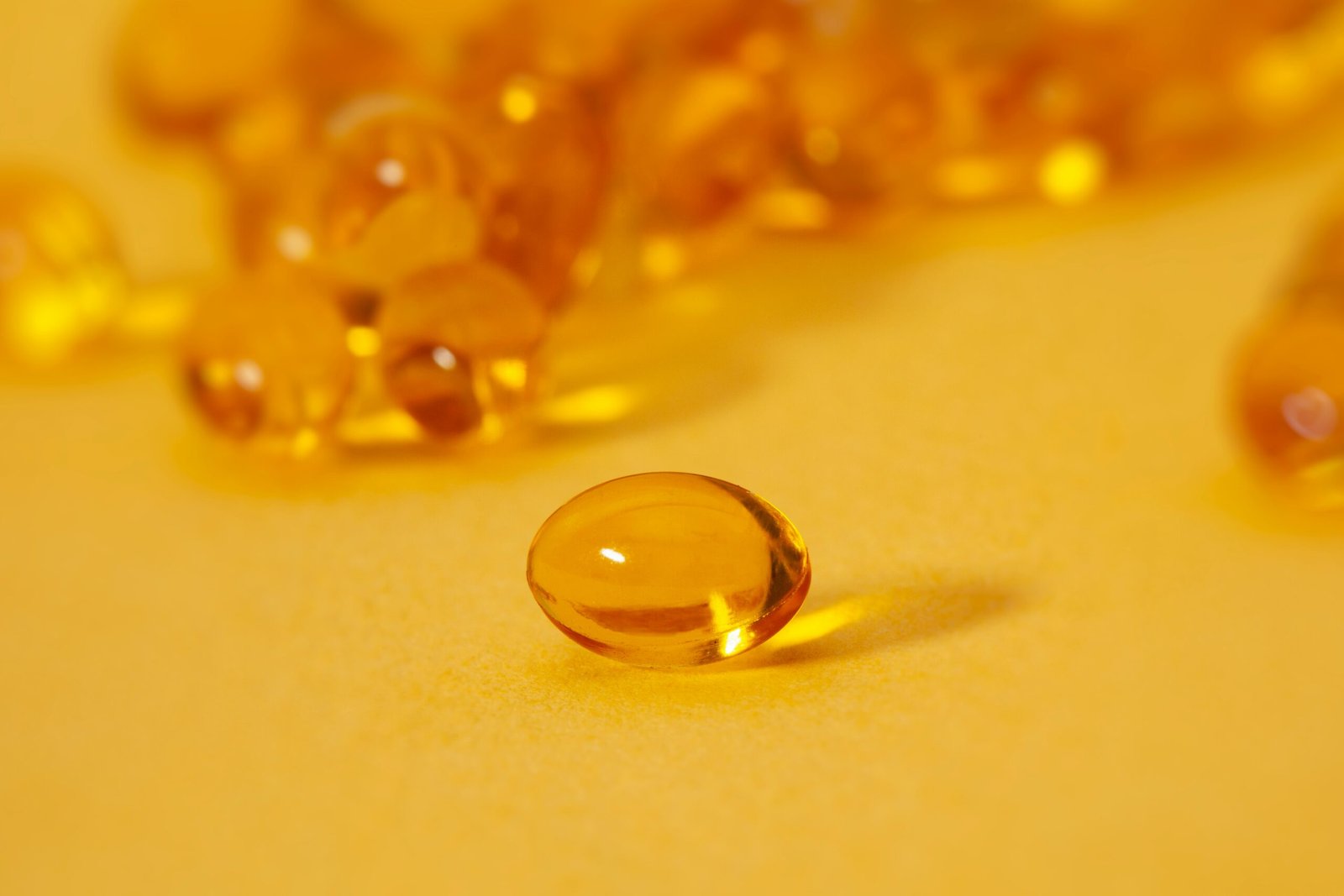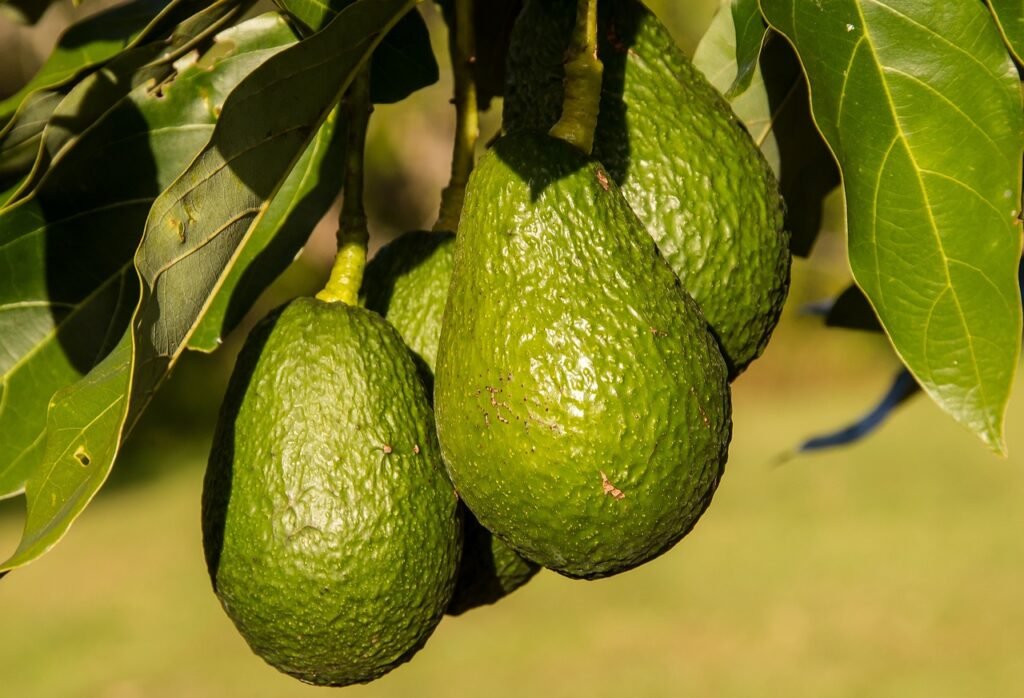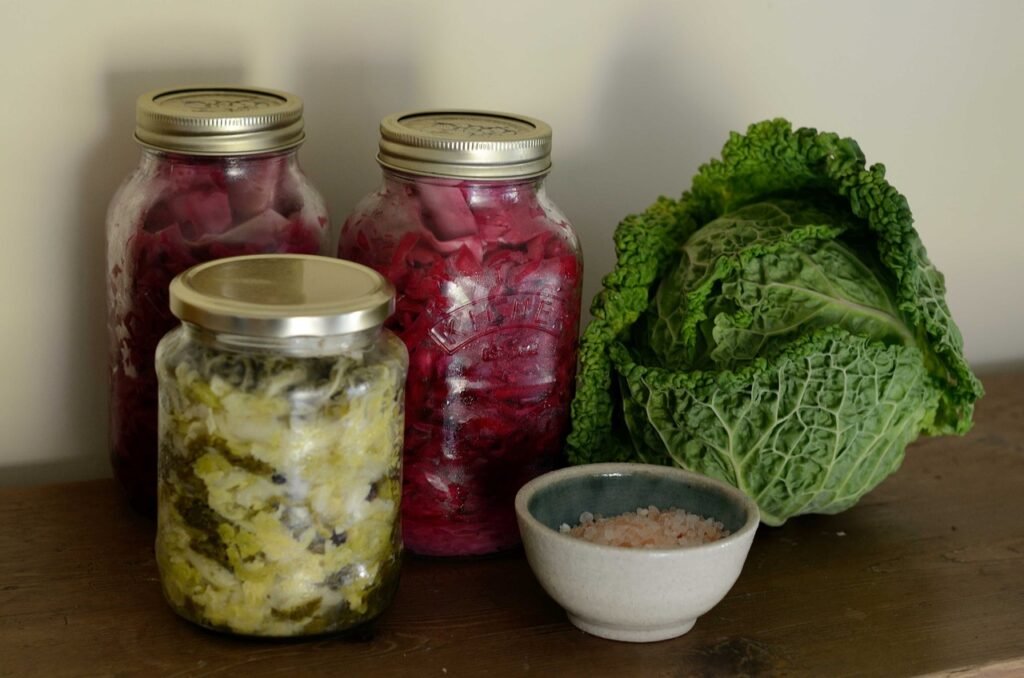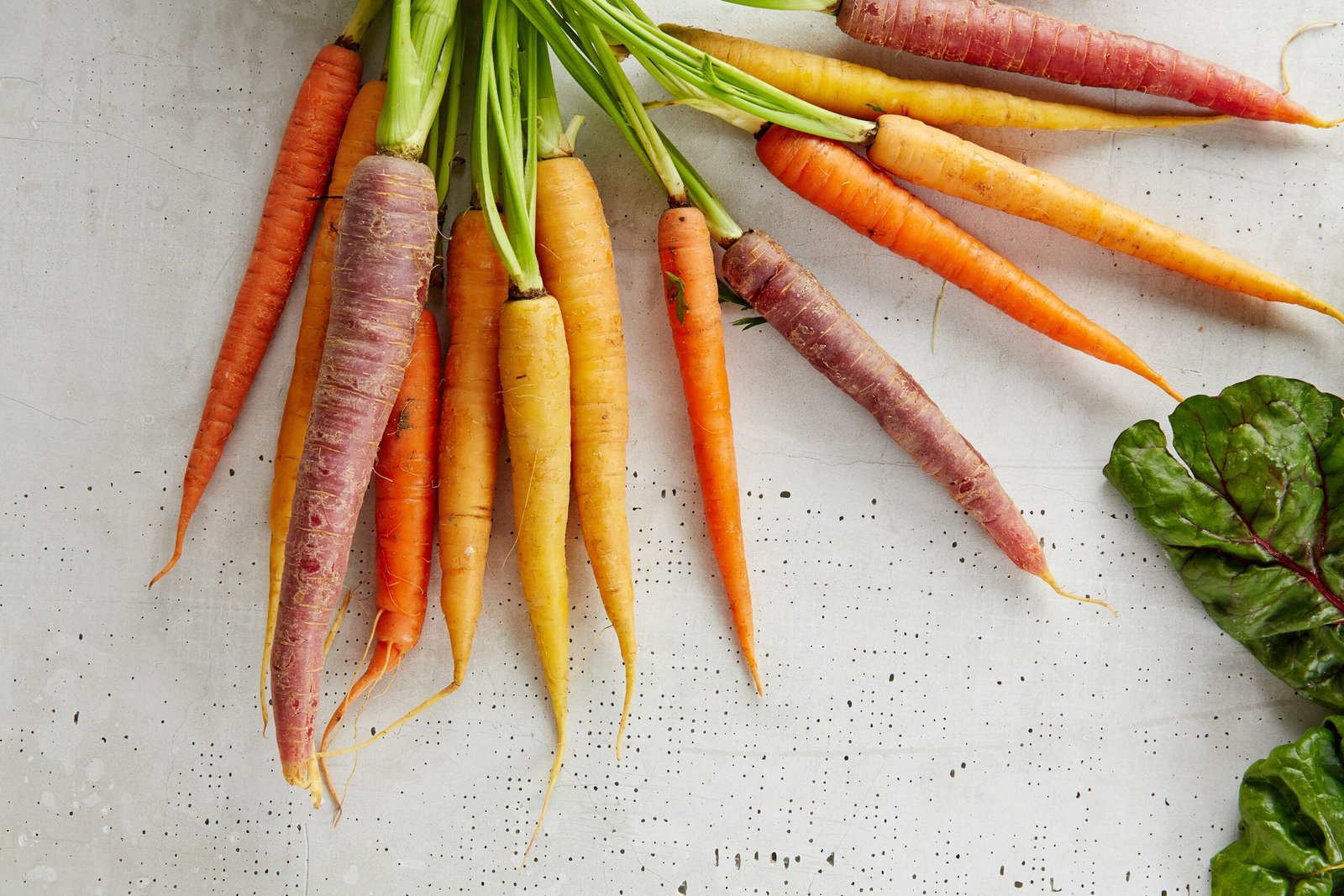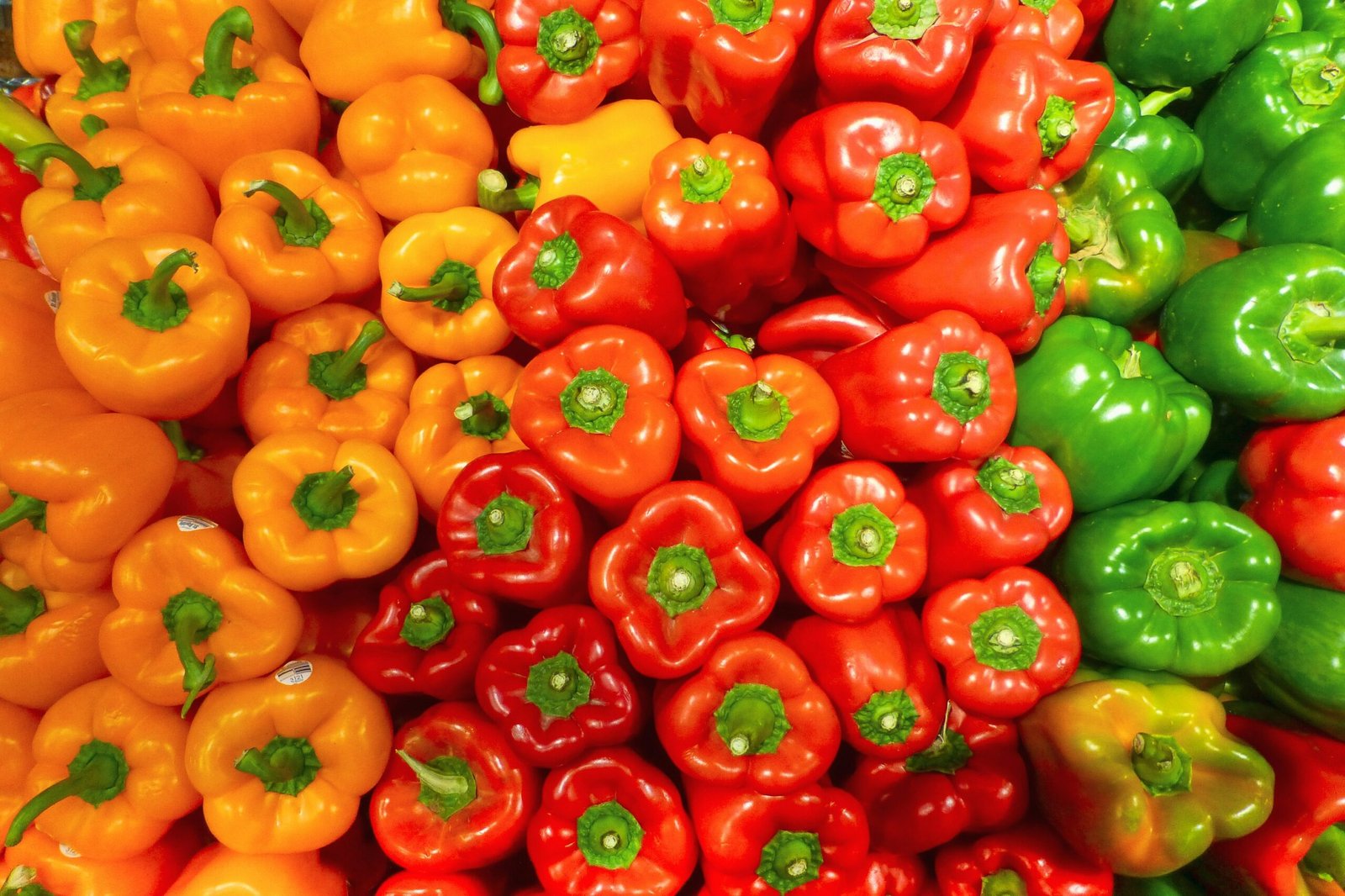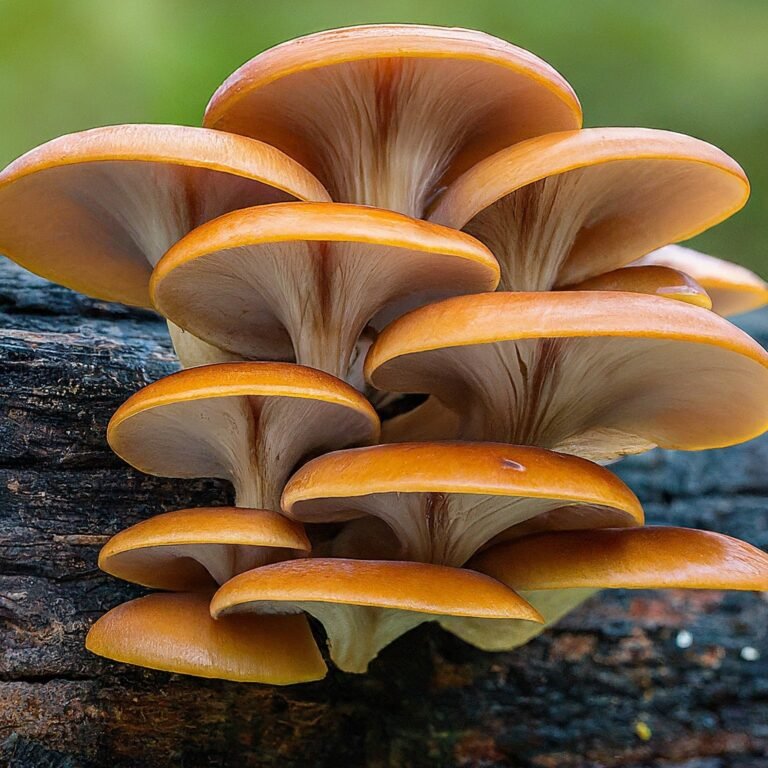What Are the Best Vitamin B12 Vegetables and Fruits?
When it comes to maintaining a balanced diet, incorporating a variety of fruits and vegetables is essential for optimal health. Not only do they provide essential macronutrients like carbohydrates, proteins, and fats, but they also offer a plethora of micronutrients, including vitamins and minerals, that are vital for various bodily functions. Additionally, fruits and vegetables come in a wide range of flavors and textures, making mealtime both enjoyable and nutritious. If you’re specifically looking to boost your intake of vitamin B12, we’ve got you covered. In this article, we’ll explore some of the best vitamin B12 vegetables and fruits that you can easily incorporate into your daily meals, ensuring that you meet your nutritional needs while enjoying delicious and wholesome foods.
Vitamin B12: An Overview
Vitamin B12, also known as cobalamin, is a water-soluble vitamin that plays a crucial role in the formation of red blood cells, proper nerve function, and DNA synthesis. It is primarily found in animal-based foods like meat, fish, and dairy products. However, for individuals following a vegetarian or vegan diet, it can be challenging to obtain sufficient vitamin B12 from plant-based sources alone. That’s where vitamin B12-rich vegetables and fruits come in handy.
Vitamin B12 Vegetables

While vegetables are not typically high in vitamin B12, there are a few exceptions that can help boost your intake:
- Sea Vegetables: Sea vegetables like nori, kombu, and wakame are gaining popularity not just for their unique taste, but also for their potential to provide vitamin B12, especially for those following plant-based diets. While they’re commonly used in Asian dishes like sushi or miso soup, it’s important to note that the vitamin B12 in sea vegetables may not be as easy for our bodies to absorb compared to other sources. However, sea vegetables offer a range of other nutrients, such as iodine, minerals, and antioxidants, making them a valuable addition to any diet. Whether you’re enjoying them in a seaweed salad or adding them to your favorite stir-fry, incorporating sea vegetables into your meals can help diversify your nutrient intake. Remember though, it’s always a good idea to consult with a healthcare professional or registered dietitian to ensure you’re meeting your nutritional needs.
- Mushrooms: Certain types of mushrooms, such as shiitake and white button mushrooms, contain small amounts of vitamin B12. Including mushrooms in your meals can contribute to your overall B12 intake.
- Spinach: While spinach is not a significant source of vitamin B12, it contains a compound that enhances the absorption of the vitamin. Pairing spinach with other B12-rich foods can help maximize your intake.
Vitamin B12 Fruits
Similar to vegetables, fruits are not typically high in vitamin B12. However, there are a few fruits that can provide a small amount of this essential nutrient:
- Avocado: Avocado is a versatile fruit that offers numerous health benefits. While it is not a direct source of vitamin B12, it contains other B vitamins that support overall health.
- Prunes: Prunes, or dried plums, are known for their high fiber content. They also contain small amounts of vitamin B12, making them a nutritious addition to your diet.
- Coconut: Coconut is a tropical fruit that is rich in healthy fats and fiber. While it does not contain vitamin B12, it can complement a well-rounded diet that includes other B12 sources.
Other Sources of Vitamin B12
While vegetables and fruits may not be the primary sources of vitamin B12, there are other plant-based options that can help meet your daily requirements:
- Nutritional Yeast: Nutritional yeast is a popular vegan food that is often used as a cheese substitute. It is fortified with vitamin B12, making it an excellent choice for individuals following a plant-based diet.
- Fortified Plant Milk: Many plant-based milk alternatives, such as soy milk, almond milk, and oat milk, are fortified with vitamin B12. Check the labels to ensure you’re choosing a brand that includes this essential nutrient.
- Fermented Foods: Certain fermented foods, like tempeh and sauerkraut, contain small amounts of vitamin B12. Incorporating these foods into your meals can contribute to your overall B12 intake.
This post may contain affiliate links. We may earn a small commission if you make a purchase through these links, at no extra cost to you. Thank you for your support!
Elevate your Gardening Game
Ready to elevate your gardening game with the best tools and supplies? Check out our handpicked selection of must-have products
Vitamin B12 Vegetables and Fruits Conclusion
While vitamin B12 is typically found in animal-based foods, incorporating vitamin B12-rich vegetables and fruits into your diet can help meet your nutritional needs, especially if you follow a vegetarian or vegan lifestyle. Sea vegetables, mushrooms, spinach, avocado, prunes, and coconut are just a few examples of plant-based options that can contribute to your overall B12 intake. Additionally, nutritional yeast, fortified plant milk, and fermented foods are other sources to consider. Remember to consult with a healthcare professional or registered dietitian to ensure you’re meeting your specific nutritional requirements.
